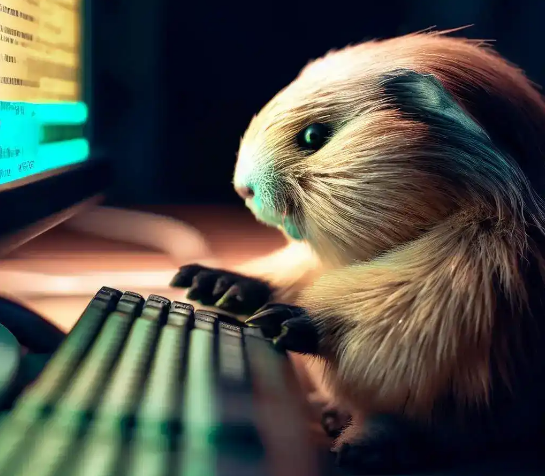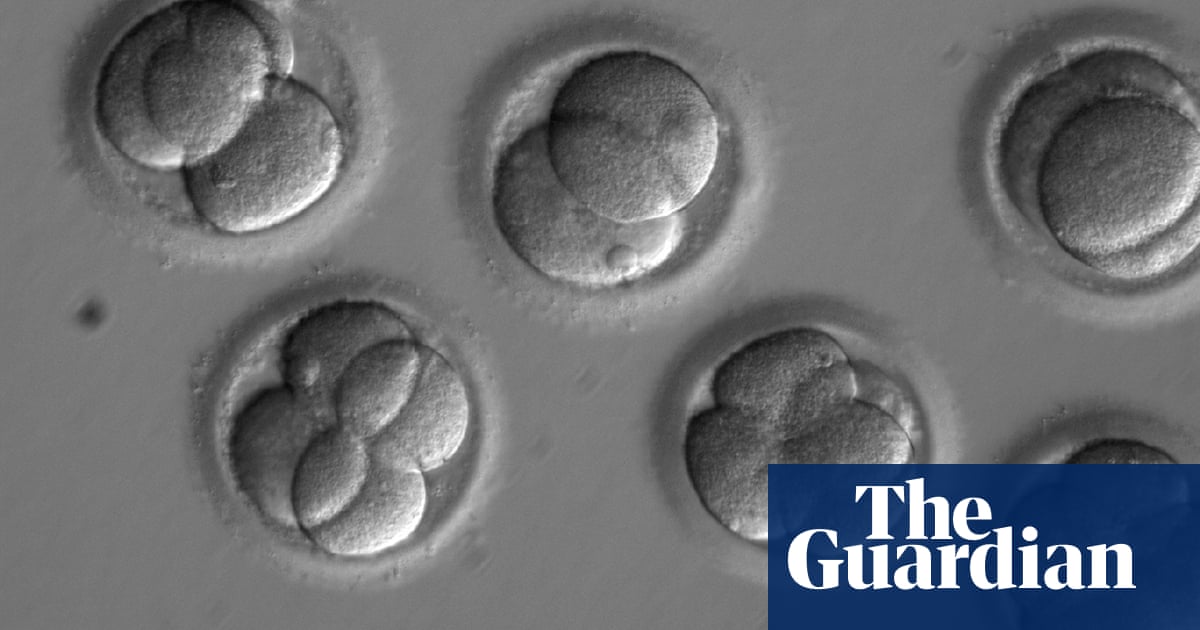- cross-posted to:
- science@lemmy.ml
- news@beehaw.org
- cross-posted to:
- science@lemmy.ml
- news@beehaw.org
I wonder what exactly about this innovation is, ethically speaking, problematic. The article says the embryo possesses no brain or heart. Sure, I could see this eventually being used to create artificial humans, but right now, this is huge for just growing organs. I personally don’t even see a problem with real humans being grown. It means people no longer need sex to make children. Of course, this could potentially lead to eugenics issues and designer babies, but that’s problem which you shouldn’t fix with a blanket ban on this incredible science. That’s a problem which you fix using dedicated restrictions on eugenics- not artificially grown embryos.
The only questions I have are:
- Whose DNA is this from?
- Do they know what researchers are doing with it?
- What qualities or abnormalities does this DNA have?
- What safeguards are in place to prevent it from fully developing?
Human being grown raises so many question: who are the legal parents, can they inherit, who’s responsible for the chid education and welfare, what’s the effect on culture, what’s the effect of human generic diversity and evolution.
At the moment these artificial “embroys” aren’t really human beings though, any more than a kidney is a whole ass person. These clumps of cells don’t grow lungs, a brain, or any of the other structures required to form a full person and they are extremely unlikely to form viable pregnancies if implanted into a womb.
The ethical questions are likely to be more related to how long scientists should be allowed to grow these artificial embryos for in a lab and more generally whether the laws for scientific growth of real human embryos should apply to artificial ones or if the potential benefits outweigh the ickyness.
Any debate about actually growing full humans using this tech is probably decades away from being really relevant and could potentially harm research into pregnancy - research that could easily save a lot of lives.
China has an aging population that will not wait to continue this technology
What use do you see China having for this that they couldn’t already do with conventional cloning that’s been around for like 30 years now?
I have to strongly agree with you there. We already have the technology available to perform what this article labels as potentially troublesome. It seems to me that this is a far better innovation than current live-subject testing. Hell, we already have human cell testing, this just allows for organ level testing instead of just at the cellular level.





